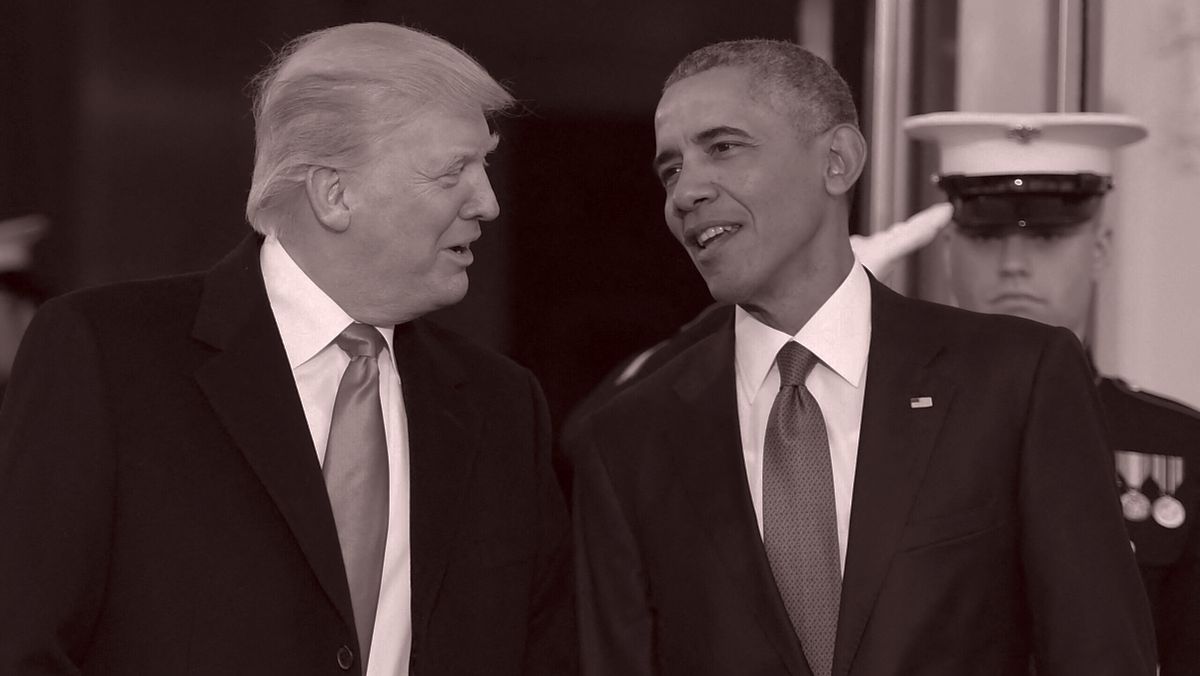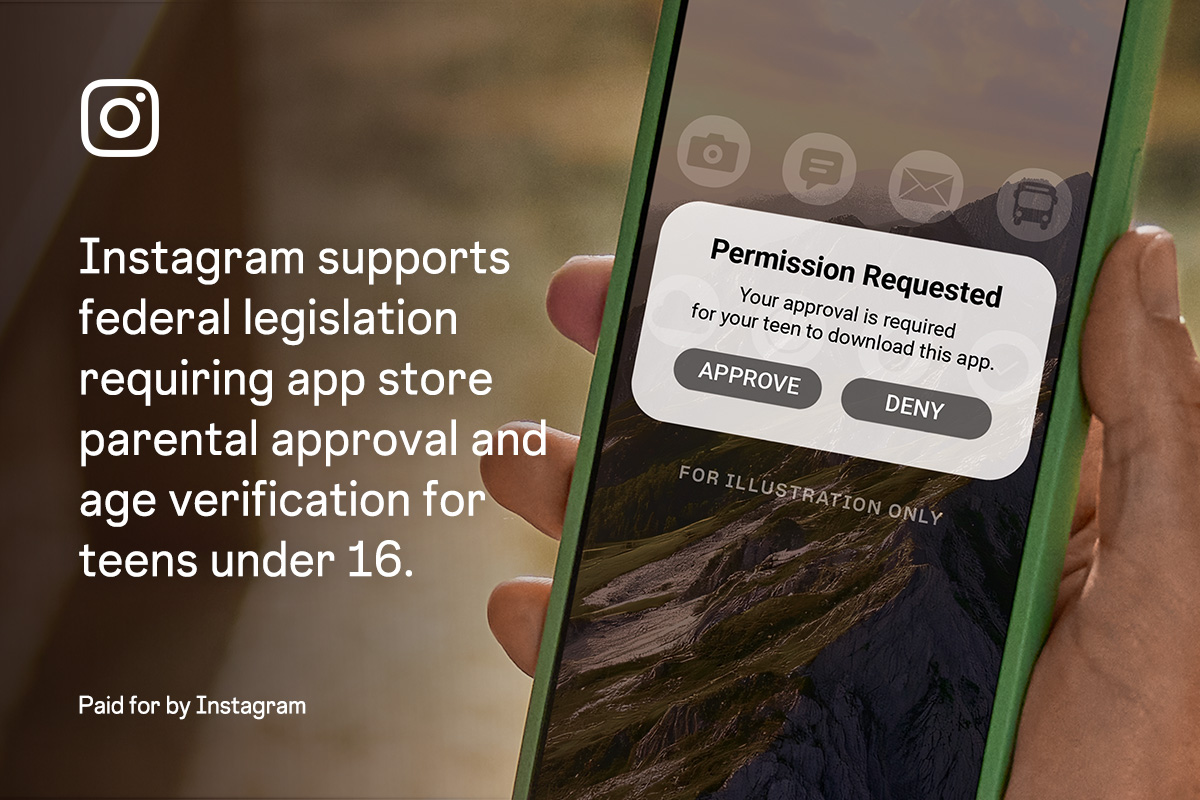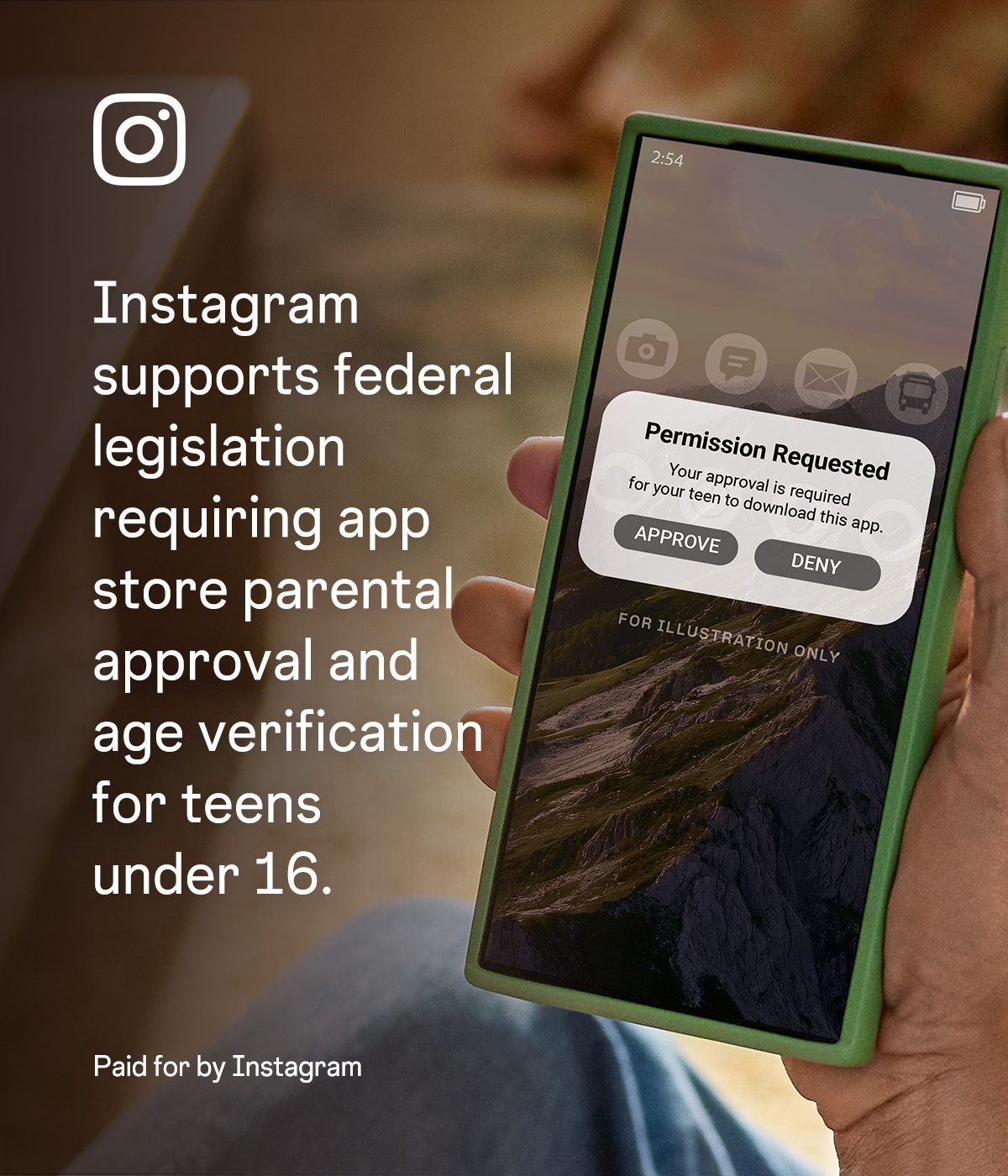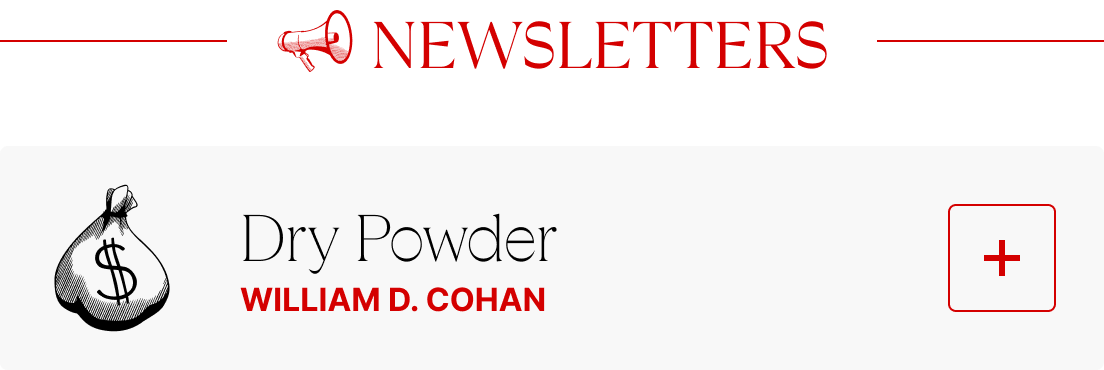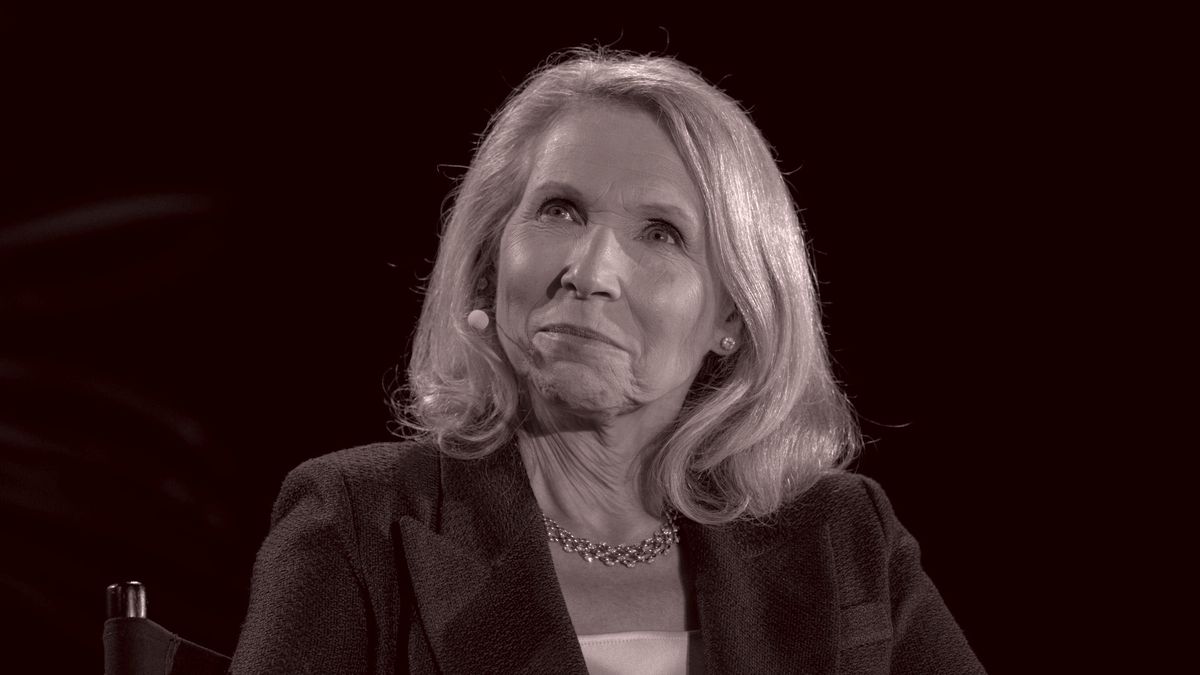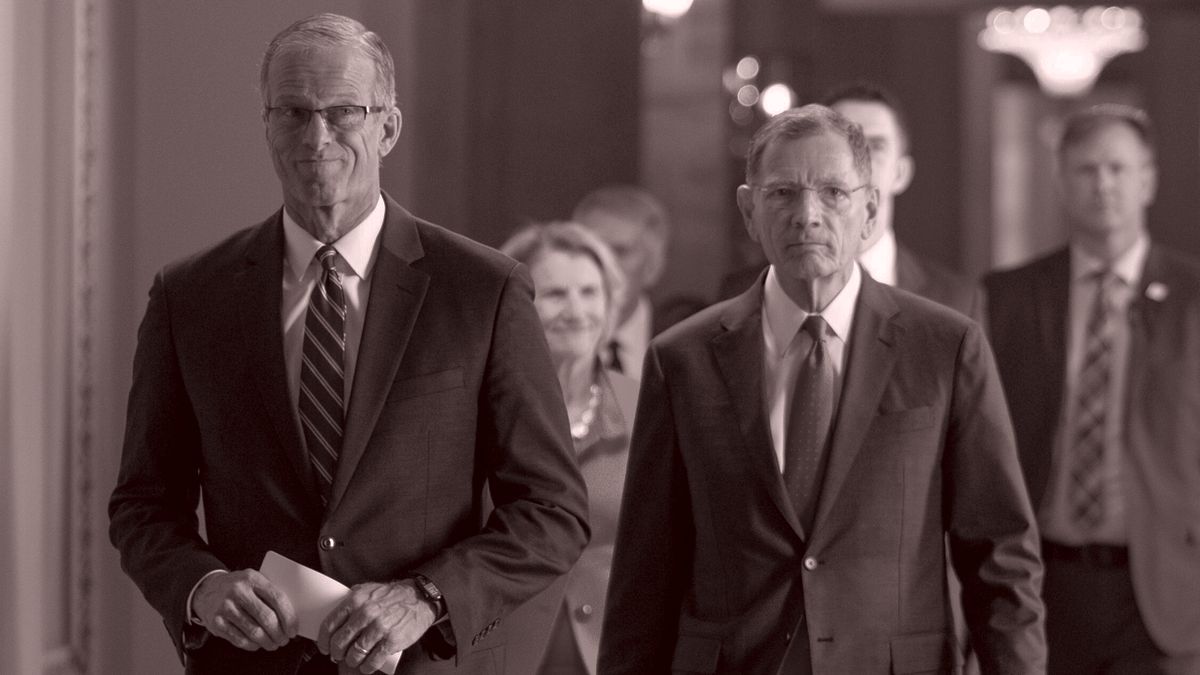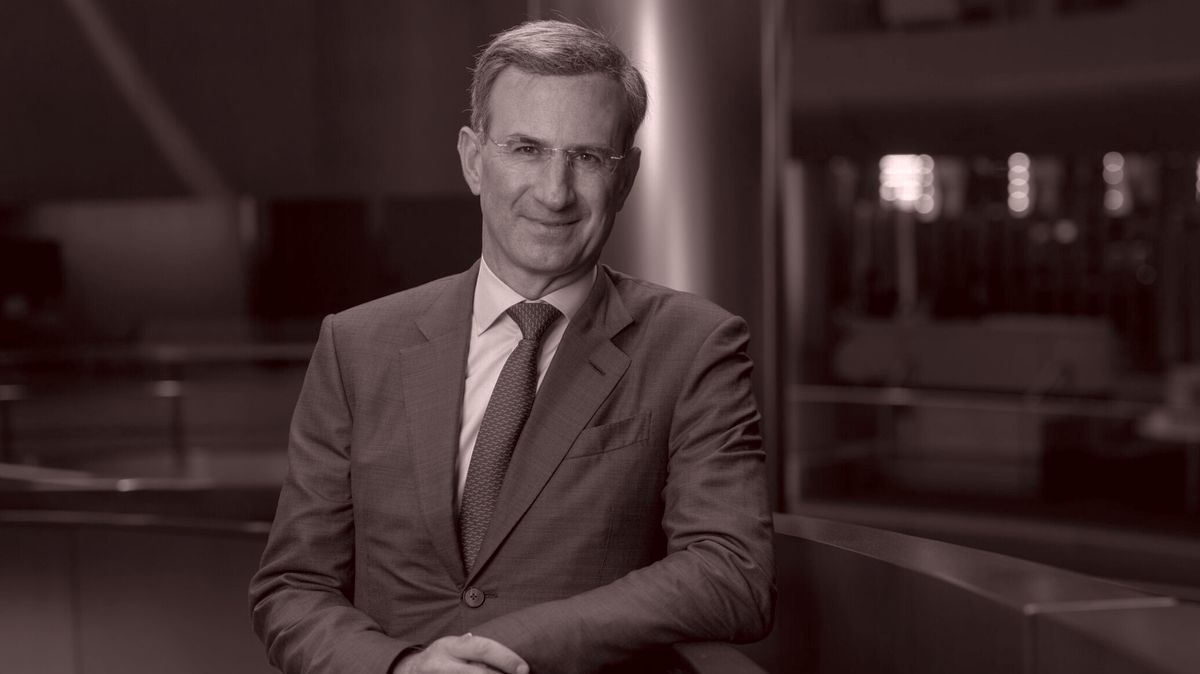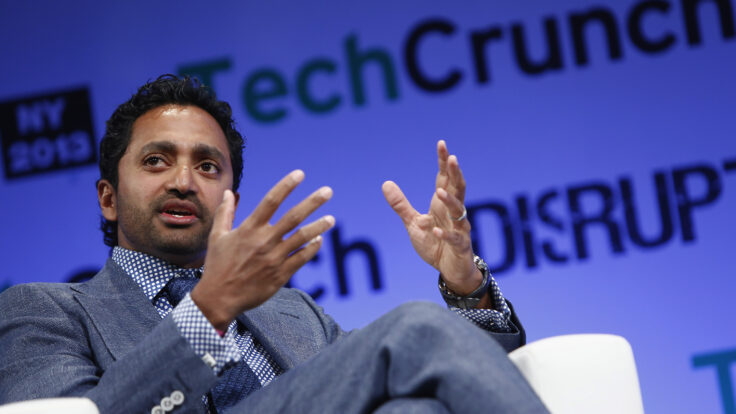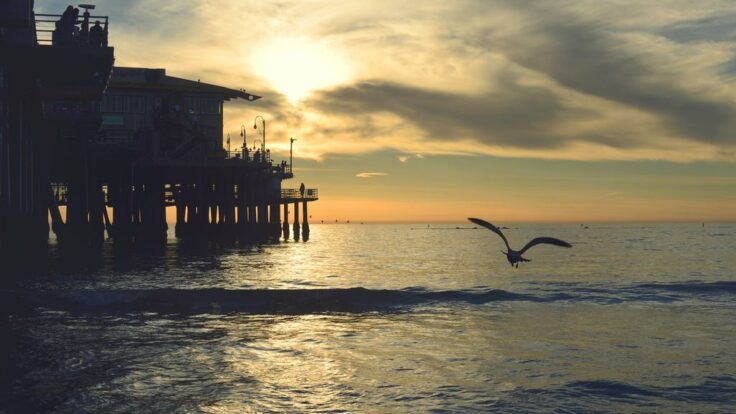Hello, happy May Day, and welcome back to The Best & The Brightest. I’m
Julia Ioffe, here to take you through foreign policy Thursday. If you’re in L.A. next week for the Milken conference, come say hi! Dylan and Leigh Ann will be there, too, and we’d love to see you.
In tonight’s issue, I delve into the surprising similarities between Trump’s foreign policy objectives… and those from the Obama
era. There are uncanny and, for people in the liberal interventionist camp, uncomfortable parallels, including a proclaimed belief in retrenchment, restraint, isolationism—whatever you want to call it—and the conviction that America can’t be the world’s policeman.
But first…
|
- Last
Waltz: It seems like only yesterday that Donald Trump was telling The Atlantic that national security advisor Mike Waltz “is fine.” That interview was published on April 28. Three days later, Waltz is very much out, as is his deputy, Alex Wong.
A couple things of note here. As
Gabe Sherman recently pointed out, unlike in Trump 45, Trump 47 is all about a “no scalps” policy—as in, don’t reward the media and other detractors by firing anybody, because it will only whet their appetite for more. Vladimir
Putin operates by a similar logic. I’ve written before about the classic Putin move of resisting all pressure to do something, especially in the heat of the moment. Then, once the glare of public attention inevitably moves on, you can do it, but not before. The point is dominance: You show that nobody can control you, that you are the sole master of your domain, and that your timeline is the only one that matters. Which is why, I reckon, Trump executed his decision more
than a month after Signalgate broke, with public attention fixed on tariffs and maybe a dozen other intervening scandals.
I’ve heard from Waltz’s former Democratic colleagues on the Hill that he went incommunicado after taking the White House job. A member of Congress who was seen as moderate and eminently sane on matters of national security, and who once co-sponsored bills with Democrats, Waltz severed all ties with the opposite party once Trump picked him. It’s a tale as old as 2016: A
normie Republican gets appointed to a Trump job and becomes an entirely different person. The question is: having put their credibility on the line for the job, how long can they keep it? And once they lose that, what do they have left?
For Waltz, at least, the answer became clear just a few hours later, when Trump pulled another Putinesque move: putting Waltz in the long-vacant U.N. ambassador’s slot and making Marco Rubio interim national security advisor.
Putin also plays musical chairs with his cabinet members, rarely adding new blood to a rotating cast of the same old cast of loyalists. (Go and count how many high-level slots Sergei Shoigu has held in the past 20 years.) True dictators only fire people for disloyalty, not incompetence.
But D.C. foreign policy dorks saw a different comparison: Henry Kissinger. The late and widely reviled NatSec whisperer was the last person to simultaneously hold the
positions of national security advisor and secretary of state. But while Kissinger went from national security advisor to secretary of state, Rubio is going from secretary of state to national security—thus finally achieving, as one such D.C. dork pointed out, what the Trump administration has long wanted to do: the reverse Kissinger. Badum-tssss.
|
|
|
Congress can help keep teens safe with app store parental approval.
3 of 4 parents agree that teens under 16 shouldn’t be able to download apps without their approval.
Federal legislation requiring app store parental approval and age verification for teens under 16 would put parents in charge of teen app downloads – and help them keep teens safe.
Learn more.
|
|
|
- You
couldn’t make it up: During markup in the House Armed Services Committee on Tuesday, California Democrat Sara Jacobs introduced an amendment that would prohibit any taxpayer funds being used for SecDef Pete Hegseth’s reported in-house Pentagon makeup studio. Hegseth denied the story,
calling it—what else?—“fake,” and every Republican on the committee voted against the amendment. The makeup studio reportedly costs only a few thousand dollars—not even chump change by D.O.D. standards—but it’s a pretty easy target, given this administration’s ostentatious cost-cutting. “My Republican colleagues couldn’t even be bothered to participate in a debate over a $150
billion addition for the Pentagon—let alone to block taxpayer dollars from being spent on Hegseth’s personal makeup studio,” Jacobs told me. “It’s sad.”
Also sad? “We should have installed tampon machines in every men’s bathroom at DoD instead—the leftist ‘news’ media would have loved that,” tweeted the alpha male Hegseth… who needs his own makeup studio.
- The real Americans: Guardian correspondent Shaun Walker,
my friend from our long-gone Moscow days, has a new book out: The Illegals. Because it’s the age of Trump, let me clarify: The title refers not to people who are here without proper documentation, but Russian spies. Remember the 10 Russians who, in 2010, were found to have been living deep, deep undercover as Americans?
Anna Chapman? The story that inspired the hit show The Americans? Yeah, those illegals. Shaun’s book, which is as elegantly written as it is meticulously researched, delves into the history of the Russian project to plant spies so deep in Western society that their hyper American kids don’t even know their parents are Russian.
In fact, the remarkable
story that gave rise to Shaun’s book is about two men, born in Canada to two Russian illegals, discovering their parents’ real identities after a decade in the U.S. and having to move back to Russia—not knowing they were actually Russian and not speaking a lick of the language. Shaun spoke with them extensively back in 2016, when he
was still a Moscow correspondent. Check out both the book and the article. You won’t be disappointed.
|
And now, on to the main event…
|
|
|
On questions of war, NATO, Russia, Ukraine, and Asia, the worldviews of the 44th and 47th
presidents are more similar than either man would like to admit.
|
|
|
It’s been 100 days of Trump, and the administration is, as another
strongman of history once wrote, “dizzy with success.” The U.S. government is now deporting American citizen children with cancer; American universities are losing multibillion-dollar grants for life-saving research under the threadbare guise of fighting antisemitism; measles are back and burning through the country; the stock market has had its worst 100 days of any presidency
since Gerald Ford took office; and G.D.P., ruddy and robust in January, is now officially shrinking.
And that’s just domestically. What about on the world stage? In response to Trump’s imperialist designs on their country, Canada’s liberals have come surging back. Xi Jinping refuses to negotiate with Trump over tariffs, and Rupert
Murdoch’s otherwise loyal New York Post has slammed Trump’s diplomatic man for all seasons, Steve Witkoff, as a “bumbling f–king idiot.”
The indignities and iniquities of Trump’s first 100 days aside, there’s something else
notable about the foreign policy of this first, chaotic stretch. In certain corners of D.C., among people that some would tar as “neocons” and others would praise as “liberal interventionists,” there are whispers that various aspects of Trump’s foreign policy doctrine bear a striking resemblance to those of someone whom the president loathes and insists on calling by his full, government name: Barack Hussein Obama.
|
|
|
App store parental approval can help keep teens safe online.
Today,
teens can download any app – even ones parents don’t want them to. Federal legislation that puts parents in charge of app downloads could change that, helping keep teens safe.
That’s why Instagram supports federal legislation requiring app store parental approval and age verification for teens under 16.
Learn more.
|
|
|
There are, to be sure, extremely notable differences. Some are obvious and stylistic:
Obama, the professorial deliberator, was an internationalist who believed in alliances and their ability to address global problems such as climate change. Obama talked extensively about the importance of human rights and democracy. He didn’t threaten to shut down ABC and NBC, or to take over Harvard. He didn’t try to invade Canada.
But there are uncanny and, for people in the liberal interventionist camp,
uncomfortable parallels. First, there’s the one that undergirds both worldviews: the proclaimed belief in retrenchment, restraint, isolationism—whatever you want to call it—and the conviction that America can’t be all things to all countries, or the world’s policeman. For two outsiders who entered politics after the disastrous wars in Iraq and Afghanistan squandered America’s post-Cold War capital, theirs is an understandable skepticism of interventionism’s utility and effectiveness.
Both came to power contemptuous of the Washington foreign policy establishment, which Obama lambasted as an “elite that largely boarded the bandwagon for war,” clinging to the “Washington playbook” and stuck in “groupthink.” Trump reviles the “deep
state” and dinged Hillary Clinton, once the secretary of state, for having “bad experience.”
Both came to Washington wanting to end wars, but quickly found that not only was doing so harder than they thought, but existing wars also had a way of expanding under their watch. Obama wanted to close Guantanamo
and get out of Iraq and Afghanistan. He didn’t accomplish either. In fact, Obama massively expanded the drone war and opted to surge troops to Afghanistan less than a year into his first term.
Trump, who is said to truly loathe war as a messy and expensive exercise, came back into office pledging to end the war in Ukraine in 24 hours and
the war in Gaza soon after. Needless to say, neither happened. In fact, the president ended up expanding Biden’s attacks on the Houthis in Yemen, though Trump’s attacks have cost more and accomplished less. “Both [Trump and Obama] wished to focus on nation-building at home rather than the expenditure of U.S. resources abroad,” said Richard Fontaine, who heads the Center for a New American Security. “But both also found out that events in the world don’t so
easily allow for an inward turn.”
|
The
Revolving Pivot to Asia
|
On Russia and Ukraine, too, there are parallels. Believing that their predecessors had badly misread and
bungled the situation, both Obama and Trump embarked on a reset with Moscow. Obama, though he was clear that Putin was the aggressor and punished Russia with sanctions, was also clear that there was only so much he would do for Kyiv. In 2014, Obama told a group of journalists (myself included) that Moscow would always outdo the U.S. in fighting for Ukraine—Russia wanted it more, and Ukraine was in its backyard. “The fact is that Ukraine, which is a non-NATO country, is going to be
vulnerable to military domination by Russia no matter what we do,” he said again in 2016 in an interview with Atlantic editor Jeff Goldberg. “This is an example of where we have to be very clear about what our core interests are and what we are willing to go to war for.”
|
|
|
Compare that to Trump—and J.D. Vance—insisting that defending Ukraine is
not part of America’s core interest. (“I do not think that it is in America’s interest to continue to fund an effectively never-ending war in Ukraine,” Vance has said.) The real deviation in U.S. policy on Ukraine came under Biden, a creature of a different era, and the point man on Ukraine as Obama’s vice president.
Then there’s how the two presidents see Europe and NATO. Obama didn’t question the need for the transatlantic alliance, but he browbeat its members early and often about not paying their “fair share,” as he put it. “Free riders aggravate me,” this president said of the
Europeans. That, of course, was Obama—not Trump—back in 2016. “Recently, Obama warned that Great Britain would no longer be able to claim a ‘special relationship’ with the United States if it did not commit to spending at least 2 percent of its G.D.P. on defense,” Goldberg wrote at the time. “‘You have to pay your fair share,’ Obama told David Cameron, who subsequently met the 2 percent threshold.” Accused of “leading from behind” in Libya—when NATO intervened in the civil war
to prevent the Gaddafi regime from massacring civilians—Obama told Goldberg that “it was part of the anti–free rider campaign.”
Trump raised the threat level for noncompliance, but Obama, in many ways, created the precedent. “Both presidents were more enthused about reconciliation with enemies rather than solidarity with friends,” one D.C. foreign policy analyst pointed out. “In practice, that meant cutting deals on adversaries’
terms over the objections of allies.”
Which brings us to Iran. “I think we’re going to make a deal with Iran,” Trump said in his 100-days interview with Time. “Nobody else could do that.” Nobody other than Obama, who negotiated a deal with Iran in 2015. Trump would
obviously know that because, following Bibi’s lead in cursing the deal for years as empowering Iran over the objections of American allies Israel and Saudi Arabia, Trump unilaterally pulled out of the J.C.P.O.A. in 2018… only to now come back and try to strike a deal with Iran once again, after
reportedly talking Israel out of striking Iranian nuclear sites.
There is, in other words, far more continuity between the foreign policies of Obama and Trump than the allies of either would like to admit. This is a byproduct of the George W. Bush era of overextension (to put it mildly) as much as it is of the
American system itself, in which, just about every four to eight years, there is a “change election,” Americans elect a self-proclaimed “outsider,” and everyone’s historical memory drive gets wiped squeaky clean yet again. And, thanks to the hyper-partisanship, pointing out continuity between sworn enemies is definitely not part of the Washington playbook.
|
That’s all from me, friends. I’ll see you back here next week. Until then, good night, and
hug your 401(k) tight, for tomorrow will be worse.
Julia
|
|
|
Join Emmy Award-winning journalist Peter Hamby, along with the team of expert journalists at Puck, as they let you in on the
conversations insiders are having across the four corners of power in America: Wall Street, Washington, Silicon Valley, and Hollywood. Presented in partnership with Audacy, new episodes publish daily, Monday through Friday.
|
|
|
Unique and privileged insight into the private conversations taking place inside boardrooms and corner offices up and down Wall
Street, relayed by best-selling author, journalist, and former M&A senior banker William D. Cohan.
|
|
|
Need help? Review our FAQ page or contact us for assistance. For brand partnerships, email ads@puck.news.
You received this email because you signed up to receive emails from Puck, or as part of your Puck account associated with . To stop receiving this newsletter and/or manage all your email preferences,
click here.
|
Puck is published by Heat Media LLC. 107 Greenwich St, New York, NY 10006
|
|
|
|




